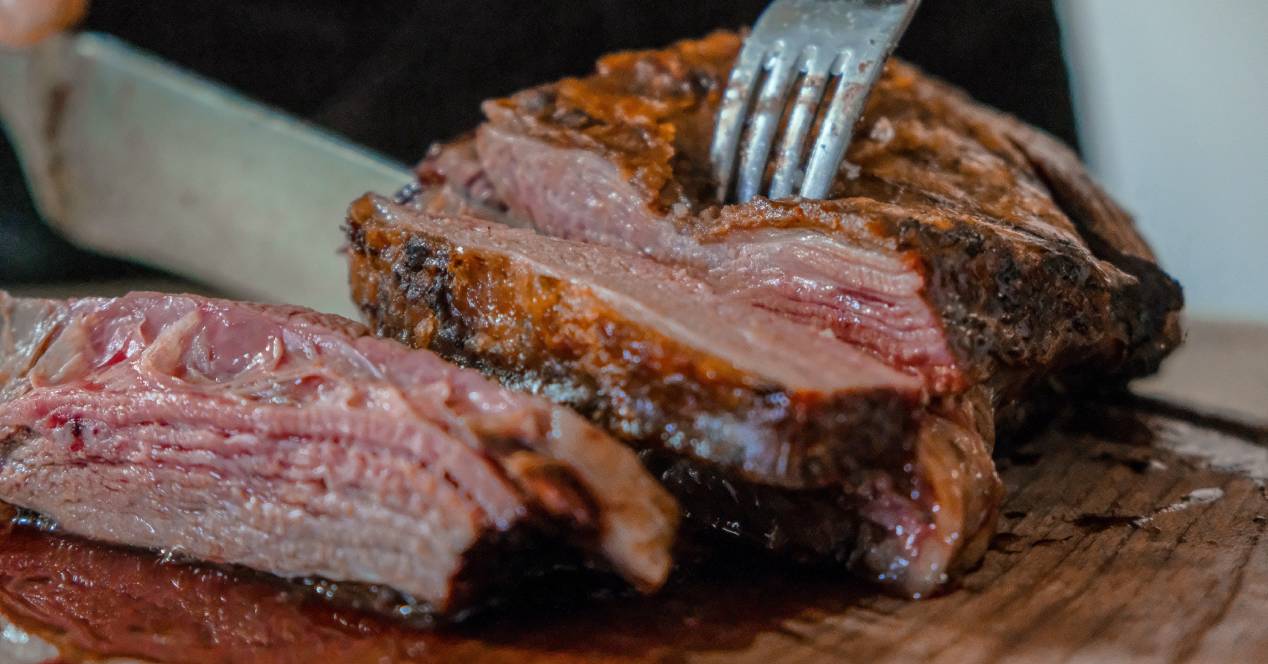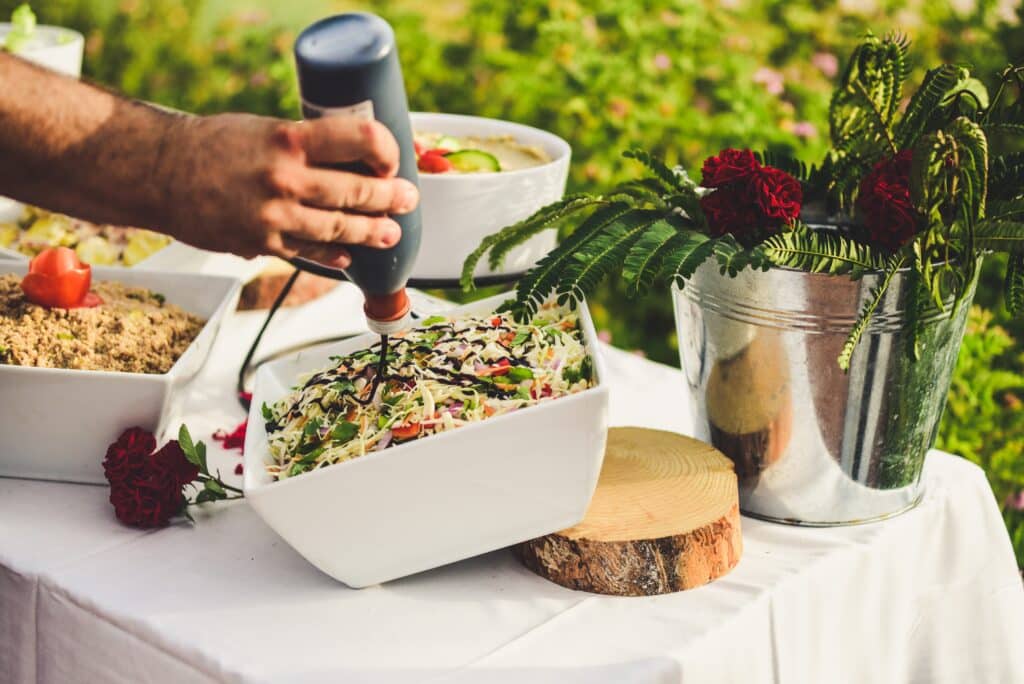
Unfortunately, there is no magic formula when it comes to improving arthritis. But if you have this disease, you may find some relief from symptoms by changing what you eat. Here's how diet and arthritis are related, and the best and worst foods for joint pain, stiffness, and swelling.
How does diet influence inflammation?
There are more than 100 types of arthritis, but each is marked by chronic inflammation in the joints that can cause swelling and pain.
La acute inflammation, or short-lived, it is actually a healthy response that helps protect the body. Fever, which helps you fight infection, is an example of acute inflammation. This type of inflammation subsides when the threat to the body is gone, according to a December 2019 article published in Nature Medicine.
La Chronic inflamation, or in the long term, it is the same answer, but all the time. You don't run around with a fever 24/7, but inflammation is present in your body to a lesser extent. This chronic inflammation is linked to conditions such as heart disease, type 2 diabetes and metabolic syndrome, according to the Nature Medicine article.
Inflammation occurs for different reasons in different types of arthritis. In the osteoarthritis, The most common type, inflammation is caused by wear and tear on the joints. The rheumatoid arthritis (RA), on the other hand, is an autoimmune disease, so inflammation occurs because the body mistakenly attacks the joints.
Suppressing that inflammatory response can help control pain and other uncomfortable symptoms of arthritis, and that's where your diet comes in: Certain foods can increase or decrease inflammation in the body.

Foods to Limit or Avoid with Arthritis
Sugar
This refers to the added sugar, which is sugar added to food during processing (think sweetened beverages like sodas and snack foods). You should limit added sugar, taking as little as possible.
Saturated fat
Limiting the amount of saturated fat in your diet means eating less red meat, full-fat dairy, butter, and cheese.
Reducing saturated fat in the diet and replacing it with monounsaturated fats (such as nuts, avocado, and vegetable oils) may help slow the progression of knee osteoarthritis, according to March 2017 research published in Arthritis Care and Research.
Trans Fat
These are man-made fats that the Food and Drug Administration banned as an ingredient in food in 2015. However, they are still found in very small amounts in processed baked goods that have been partially hydrogenated in the ingredient list.
Omega-6 fatty acids
Omega 6s are not bad in themselves, but the problem is when the ratio of Omega-6 to Omega-3 is low. The goal is to lower the ratio, which means less Omega-6 and more Omega-3 fatty acids to help reduce pain associated with arthritis inflammation, according to a February 2018 article published in the Clinical Journal of Pain.
Try to stay away from processed meats and opt for seafood and leaner cuts of grass-fed meat.
gluten and casein
Gluten is the protein found in wheat, rye, and barley, while casein is a protein found in dairy products. If you have sensitivity to any of these, this could trigger an inflammatory response.
The link isn't entirely clear, but some people with rheumatoid arthritis have found relief by following a gluten-free vegan diet, according to February 2018 research published in the Open Rheumatology Journal.
The underlying theory is that when you follow a plant-based diet, you reduce animal products (dairy and meat) and therefore exclude most inflammation-promoting foods, helping to control symptoms. of the RA. Conversely, diets high in animal products and low in fiber could aggravate arthritis or lead to more flare-ups.

Foods allowed when you have arthritis
A diet focused on relieving arthritis symptoms typically includes foods that can help decrease inflammation, not promote it. But there is no one-size-fits-all approach; what works for one may not work for another.
Fruits and vegetables
It's no secret that fruits and vegetables are recommended for good health, but their role in helping to relieve arthritis pain lies in special compounds called phytochemicals, which are responsible for fighting inflammation.
It is recommended to include fruits such as pomegranates, blueberries, raspberries y strawberries, as they are a rich source of polyphenols including anthocyanins, quercetin, and various types of phenolic acids. All of these compounds are widely known for their potent anti-inflammatory effects.
Herbs and spices
Herbs and spices are also a source of anti-inflammatory compounds.
El parsley, la basil, el cilantro, the root of ginger, la cinnamon and turmeric are some of the most nutrient-dense and anti-inflammatory foods available.
Omega-3 fatty acids
These special greases are found primarily in the fish, but you can also find them in nuts, flax seeds and seeds of chia. They are joint-friendly fats, as studies show that omega-3 fat consumption reduces levels of two inflammatory proteins, C-reactive protein (CRP) and interleukin-6.
Olive oil
Olive oil is an important component of the Mediterranean diet. This oil is a monounsaturated fat, and researchers believe it is one of the reasons why the Mediterranean diet is good for reducing inflammation.
It has specifically been shown that the extra virgin olive oil it improves gut health and also reduces inflammation in the body, according to August 2019 research published in Nutrients.